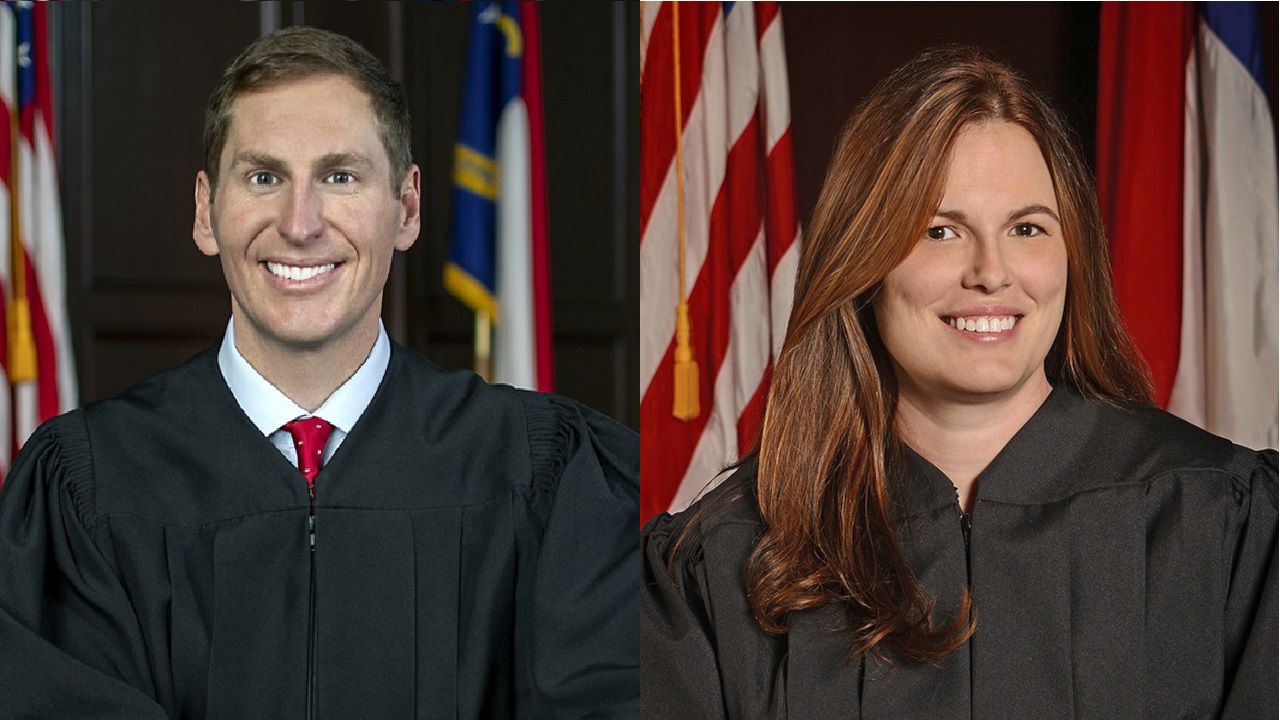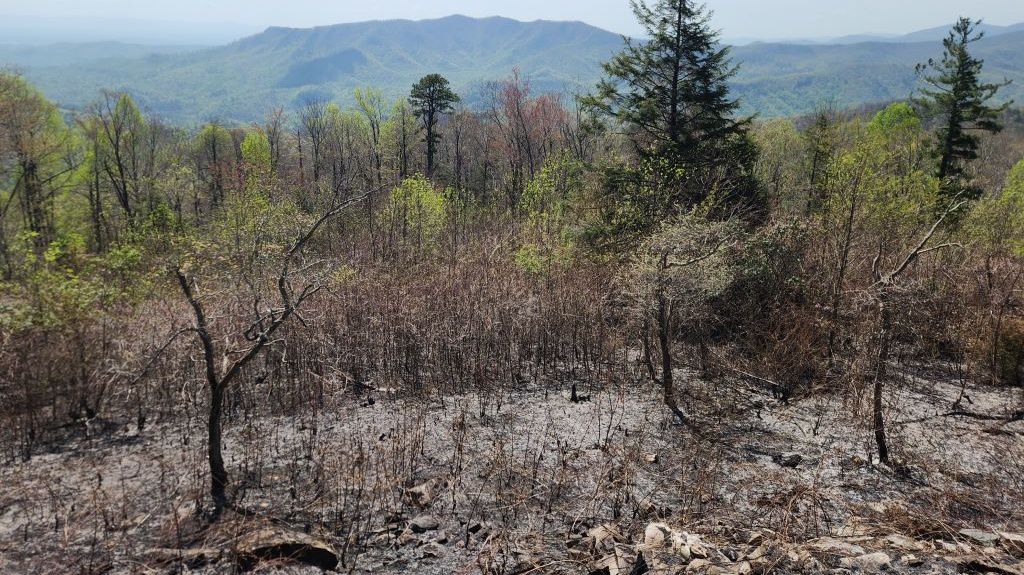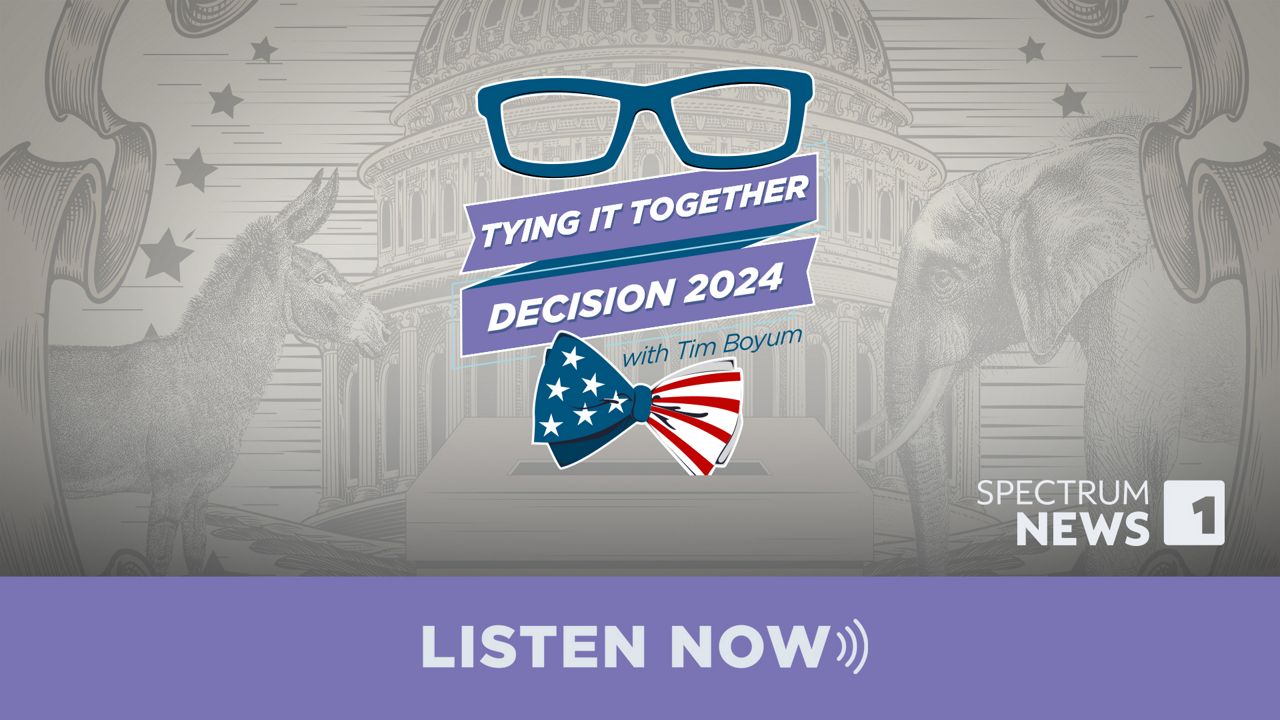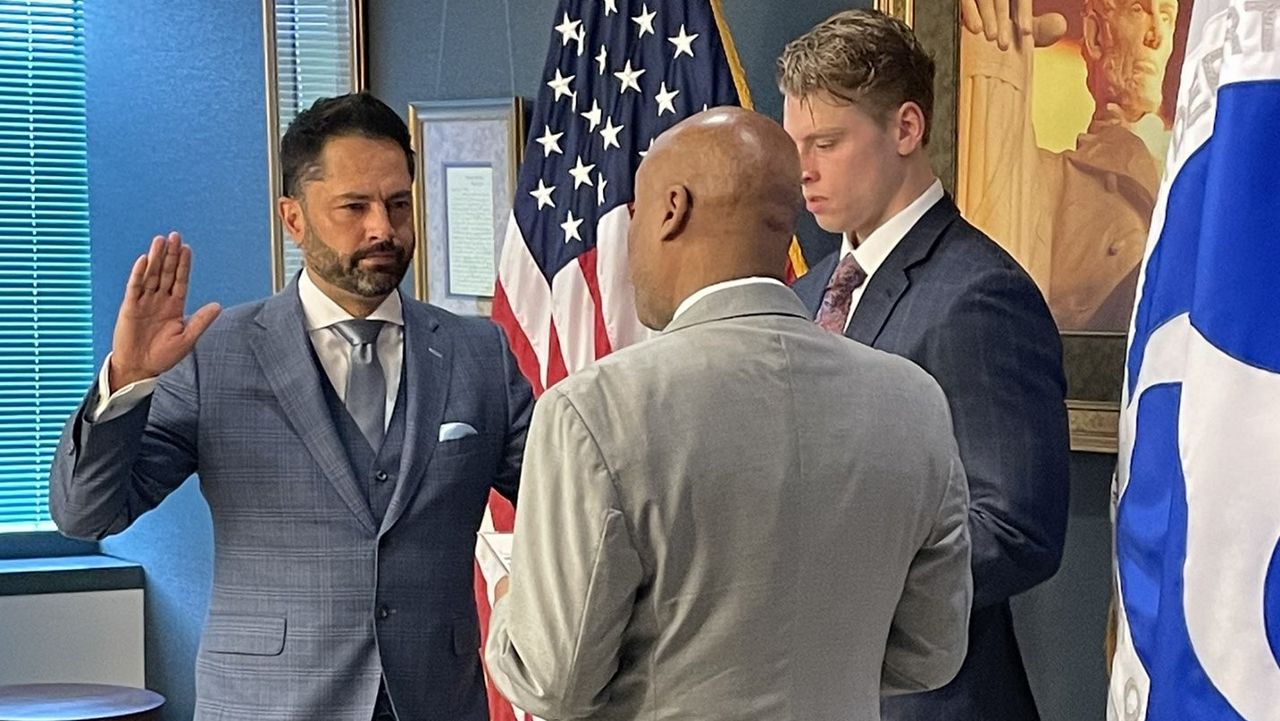RALEIGH, N.C. — Summer is a busy time for travel, and the Better Business Bureau of Eastern North Carolina warns people planning trips to beware of scams.
Travel-related fraud cost Americans more than $105 million in 2022, accounting for 16% of the fraud reported, according to the Federal Trade Commission.
Meredith Radford with the BBB says there are three scams travelers should know about.
“One of the most common scams is a vacation rental scam that involves postings of vacation rentals that don’t actually exist, or they aren't really for rent or they're significantly different than pictured," Radford said. "So those con artists try to lure vacationers with the promise of really low fees or great opportunities that seem a little too good to be true."
Free vacation scams are also common, targeting people booking cruises.
“Often, they involve extra fees that you don't necessarily know about upfront unless you ask," she said. "If you ever are offered a free trip without entering a contest, you should be very suspicious of that because it may not be real."
"You always want to make sure that you're aware of the costs for accommodations, flights, anything involved in a trip that you are offered," Radford said.
She says hotel scams are also common. Sometimes, the scam artist will try to take advantage of a person who has been traveling all day.
“They do things like call you and pretend to be at the front desk. They might call you early in the morning or late in the evening and try to re-verify your credit card information even when they're not actually part of the hotel, but they're pretending to be,” Radford said.
People taking trips to the coast in North Carolina have become victims of some of these travel scams, according to the BBB.
Radford urges travelers to plan ahead, research their options and avoid last-minute decisions.
Scammers often target people looking for great deals online.
“So if you're searching things like 'the best deals to travel to Bali or the Cancun' or whatever it is, then you're more likely to come across a scam website or a scam posting," Radford said. "So you don't want to use broad searches like that. You want to be more specific and go to websites that you know you can trust."
The BBB recommends paying for trips with a credit card and getting things in writing.










